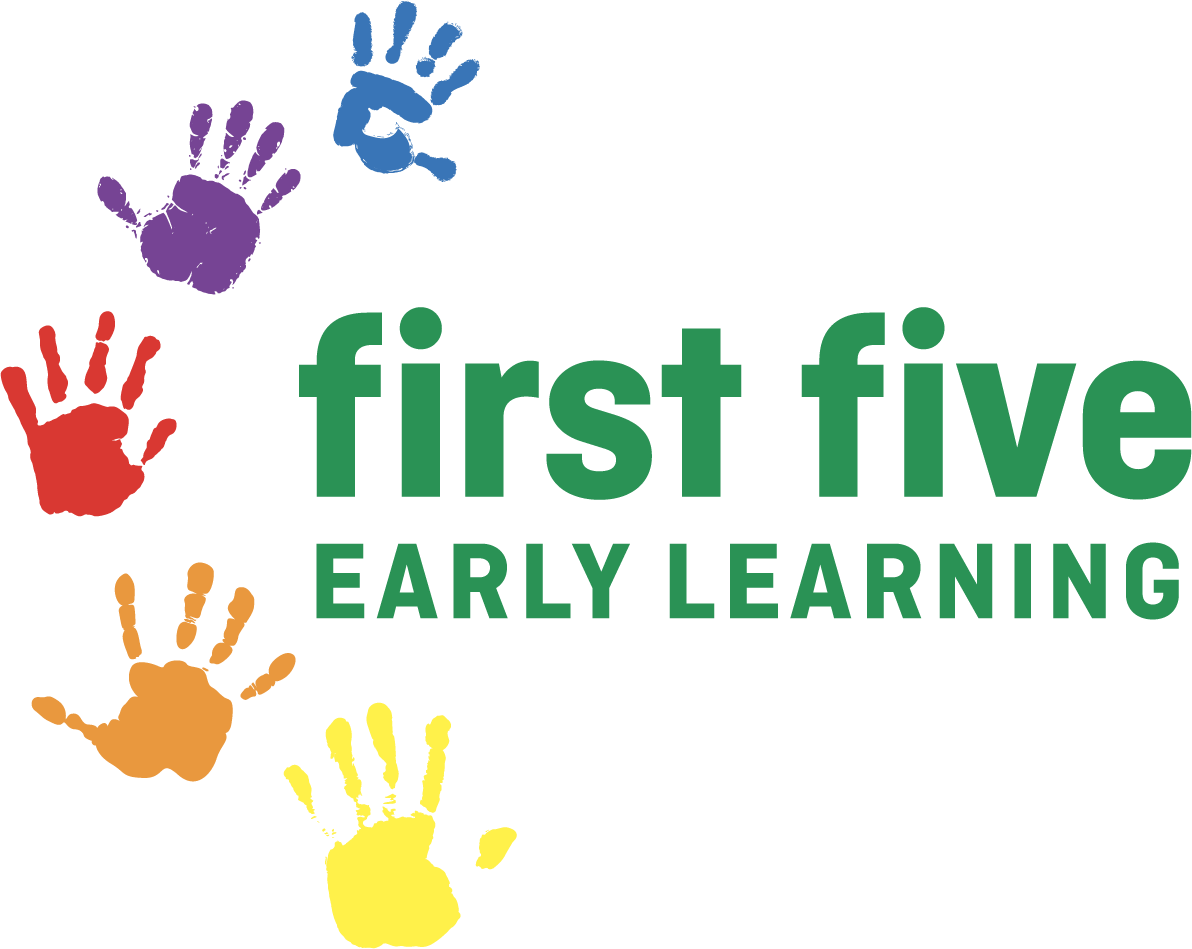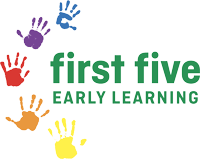
Blog #4: The value of arts-based learning
For young children, arts-based learning is a language. Children scribble, draw and paint before they write, and they vocalise and sing before they talk in full sentences. Babies often dance to music before they’ve learned to walk, run and skip. The arts is a form of expression for young children – a way to express their thinking and emotions.
Engagement with the arts affords young children a broad range of modes for learning and expression. Through the visual arts and media, children engage with painting, drawing, construction, print-making, sculpture, weaving, design, photography, crafts and filmmaking. Within these experiences, children learn elements including line, shape, colour, value, form, texture and space. The visual arts afford children freedom of expression as they play with a range of materials to express their thinking and problem solve. For young children, the visual arts is a way to communicate their ideas.
In dance, children express joy, along with their physical and emotional responses to different forms of music or other stimuli. Through dance, children learn to coordinate and control their bodies as they develop muscle tone, spatial awareness, vision, hearing and touch. Dance also fosters creativity as children use their bodies to interpret and respond. Within dance experiences, children learn elements including space, time, force and shape.
Children’s engagement with drama or dramatic play encourages them to take on roles and characters in collaboration with others and to act out both lived and imagined experiences. Dramatic play enables children to test out their own creativity and the responses and reactions of those around them. Through dramatic play, children develop social interaction skills and empathy for others’ perspectives and circumstances. Dramatic play can relieve stress or tension for children as they make sense of their world through re-enactment or take control through safe or powerful roles such as parent, teacher or leader. Symbolism and creativity are fostered through the use and crafting of props, with oral language developed through extended dialogue, character voices and language use specific to the play scenario.
Music affords children a multi-sensory experience as they compose, interpret and respond to music in different genres and forms. Music connects the brain and body and supports all areas of child development from social-emotional to cognitive, physical and language. For cognitive development alone, music supports children’s executive function skills such as planning, working memory and flexibility. Within music experiences, children learn elements including rhythm, melody, expression, tone, style, form and harmony. Music is interconnected with early literacy and numeracy learning through rhyme, rhythm, sequencing, time and patterns.
Supporting your child in arts-based learning
Dr Gai Lindsay, Lecturer in Early Childhood Education at the University of Wollongong, states that parents and caregivers play a critical role in developing children’s potential in the arts from a young age. Dr Lindsay reminds adults that art is playful and therefore perfect for children. Parents and caregivers can become co-players and co-learners alongside their children as they support open-ended experiences with art-making, become characters in their child’s dramatic play, sing and dance for joy, explore arts-based experiences outside the home (e.g., museums, free concerts) and make music with instruments or everyday household items.
In art-making, Dr Lindsay cautions against adults imposing their own ideas continually, or forcing step-by-step instructions with a focus on a finished product. When this occurs, the process of art-making can become constrained for children. The adult should be a partner in art-making most often, rather than instructor. It is okay for children to make mistakes, review the process and keep going. When the primary goal is an adult pre-determined finished product rather than the process of art-making, it can become an adult-centred activity and takes away a language for children. Dr Lindsay concludes that the arts supports children’s resilience through trial and error, review and problem-solving.
Within First Five Early Learning centres, parents and caregivers can trust that a strong focus on arts-based learning within a play-based curriculum provides children with repeated opportunities to develop skills, dispositions and knowledge necessary for later formal learning in school.
Dr Melinda Miller
Director of Early Learning


